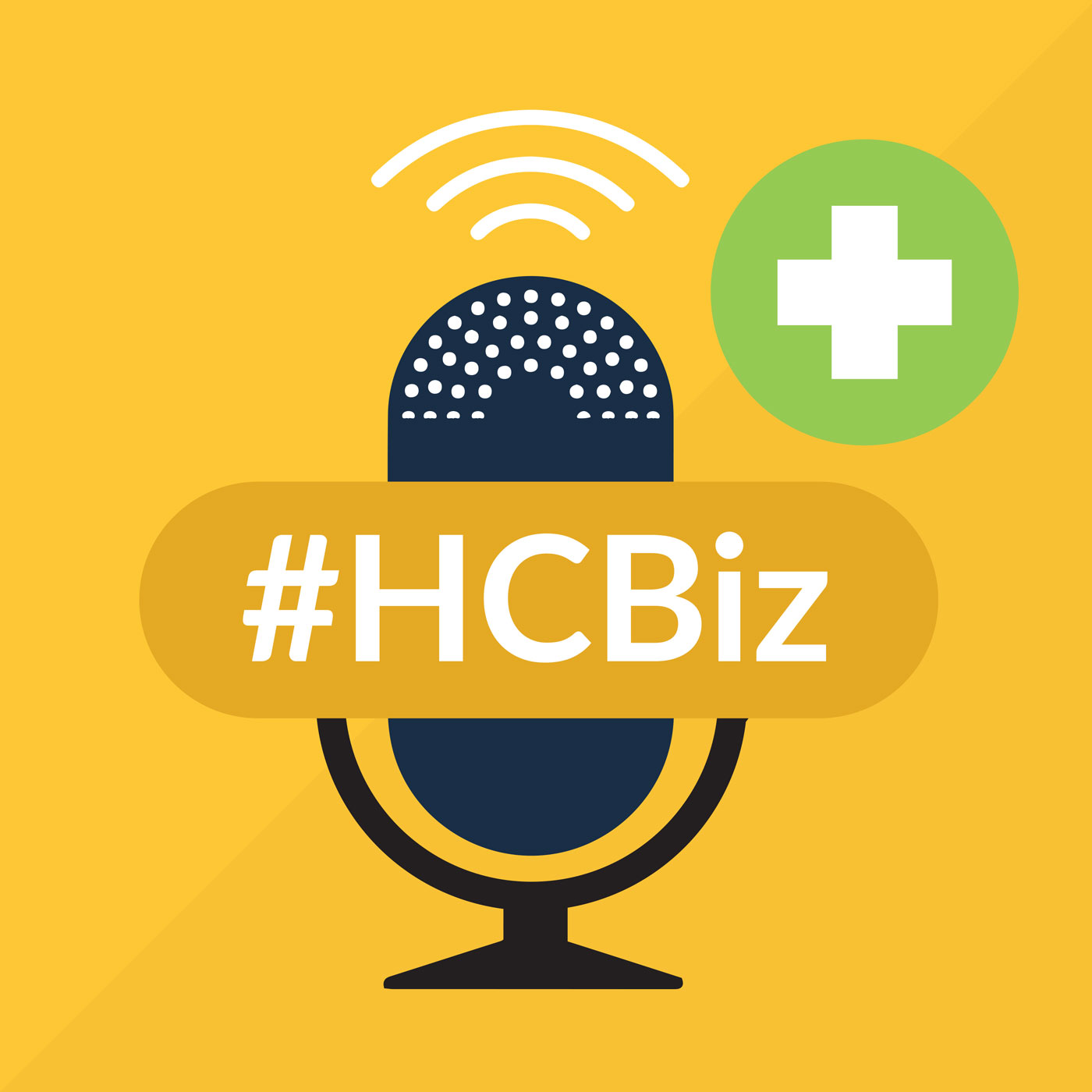
Just about every health system has an innovation program, but how do they know if it’s making a difference? That’s the question we set out to explore with the team from Houston Methodist Center for Innovation. On this episode we talk with:
- Michelle Stansbury, Vice President of IT Innovation
- Brad Shaink, Administrative Director of Digital Innovation
- Josh Sol, Administrative Director of Ambulatory Innovation
They walk us through:
- Innovation Expectations: How do you set expected goals, OKRs, KPIs, etc.?
- Innovation Discovery: Where do you find solutions?
- Innovation Evaluation: How do you evaluate solutions before you pilot them?
- Innovation Pilots and Early Adoption: How do you pilot your solutions?
- Innovation Procurement: RFPs, templates, etc.
- Innovation Diffusion: Implementation, integration, etc.
- Innovation Recognition: How do you recognize teams that are doing things well?
- Innovation Failure: How do you know if an innovation has failed?
- Exnovation: How do you know when it’s time to stop doing something, or to turn off legacy solutions?
Key takeaways include:
- Right-sizing your pilots: Start small and keep your efforts in line with what you are trying to accomplish.
- Metrics can be qualitative or anecdotal, but they must exist and you must be honest with yourself about whether they are being met.
- Honesty and trust are key to innovation success. If you aren’t giving honest feedback and holding one another accountable then everything falls apart.
- Startups should focus on solving the customer’s problem first and avoid pushing their own agenda. If you invest in the customer’s needs first, you’ll get a chance to expand the vision later.
- Make innovation a priority and develop innovation habits: The Houston Methodist team schedules “Monday Demos” each week to ensure they always have new ideas and solutions entering the pipeline. Sometimes they find a solution for a problem they didn’t even realize they had.
Everyone loves to “innovate”, but only those with a sound plan tied to clear objectives will truly make a difference. The Houston Methodist Center for Innovation team will help you understand what it means to mindfully execute your innovation program.
Links and Resources
- Connect with Michelle Stansbury on LinkedIn
- Connect with Brad Shaink on LinkedIn
- Connect with Josh Sol on LinkedIn
- Learn more: Houston Methodist Center for Innovation
Mentioned on the show:
Related Episodes:
- Episode 149: How Health Systems Think with Neil Carpenter (Listener Favorite)
- Episode 137: The Novation Dynamic: 3 Pillars for Healthcare Innovation Success with Michael Ackerman
- Episode 133: Keeping Your Innovation Engine Humming During the COVID-19 Crisis w/ Karen Murphy, PhD, RN (Geisinger)
This episode is brought to you by:
The Substance Use Disorder Treatment and Recovery Loan Repayment Program (STAR LRP) gives behavioral health providers up to $250,000 to repay school loans in exchange for working full-time for six years at an approved site.
The Health Resources & Services Administration (HRSA) oversees this new program designed to help recruit and retain a more diverse set of behavioral health providers focused on combating the substance use disorder (SUD) epidemic.
HRSA SUD treatment investments have resulted in adding more than 2,800 doctors, nurse practitioners, physician assistants, mental health professionals, registered nurses, pharmacists, and substance use counselors to communities most in need.
We know that the most evidence-based treatment for SUD is a comprehensive approach that incorporates medication and behavioral health counseling. HRSA funding supports members of interdisciplinary healthcare teams who help patients overcome opioid addiction through treatment and recovery.
The STAR LRP includes additional disciplines and broadens the site types for those working to help patients overcome substance use disorder.
The STAR LRP is open to a wide range of providers in direct treatment or recovery support for substance use disorder patients. Behavioral health clinicians, paraprofessionals, clinical support staff and others trained in substance use disorder treatment are encouraged to apply.
Visit the STAR LRP website for a full list of eligible disciplines. Apply now through July 22, 7:30 p.m. ET.
The #HCBiz Show! is produced by Glide Health IT, LLC in partnership with Netspective Media.
Music by StudioEtar
